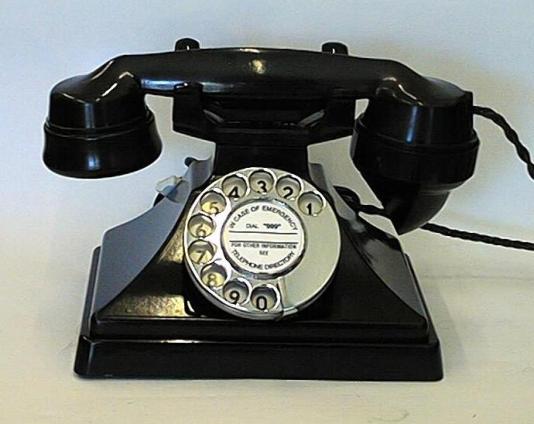Traditional phone

The traditional phone is a phone that’s connected to a land line. This form is protected against interference and delivery of a far slower rate. Fortunately, advances in technology, they have revolutionized how we have a tendency to communicate currently. The arrival of the Internet has modified the method we have a tendency to communicate. Important progress in the communication business of VoIP (Voice over web Protocol) Digital public-service corporation development.
Digital Phone or VoIP Phone

Digital Voice over IP, and changed the sound of digital data and sent through the web, and then back to your original type of digital reproduction method. This means that you just will build victimization your digital services over the web. High-speed data and advanced kind of communication is that the digital suppliers.
How VoIP Works
VoIP Calling Services convert your voice into a Digital signal that travels over the Internet. Voice Over IP permits individuals to decision from your laptop, IP phone or Traditional Phone associated with the adapter. As well, Wi-Fi in areas such as coffee or a commercial enterprise that permitting users to link to the web and wireless IP services.

